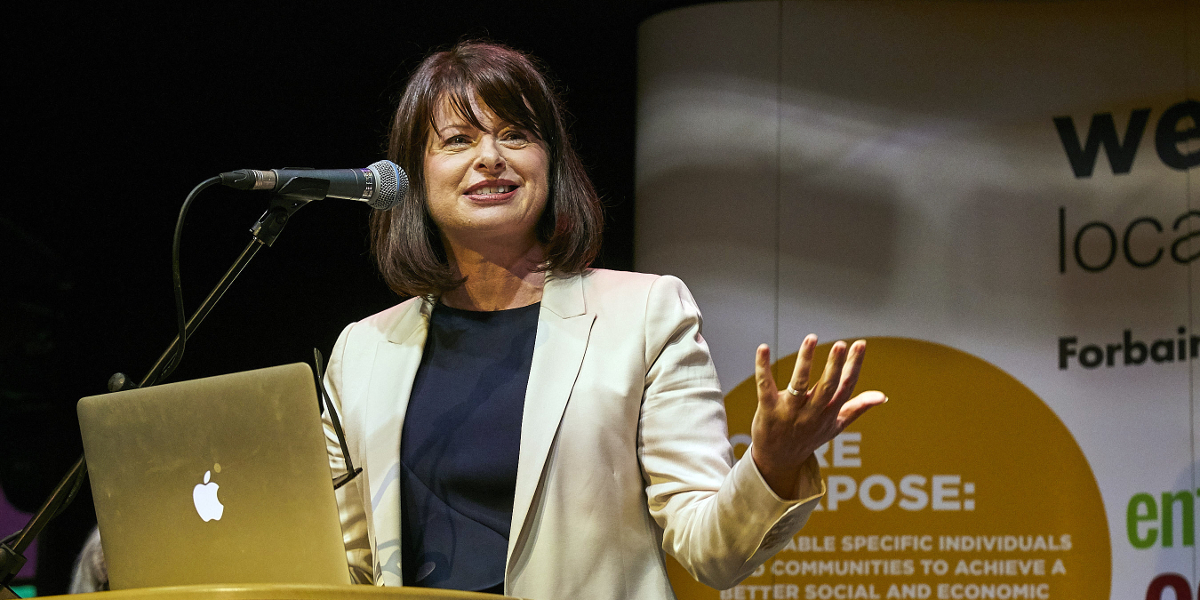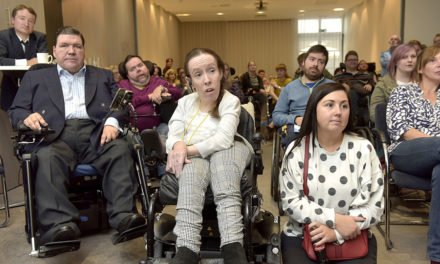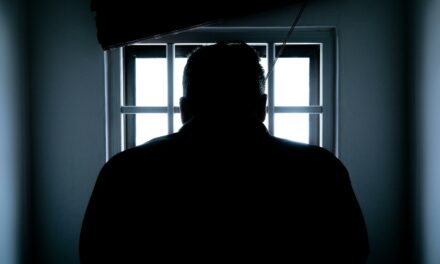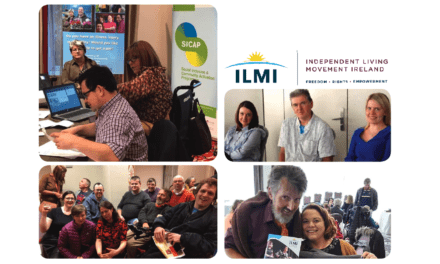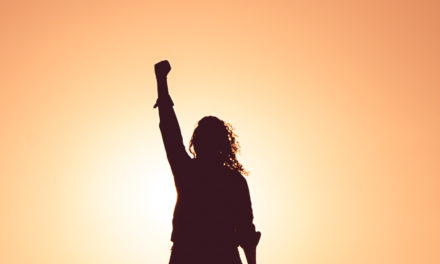At a Wexford Local Development event that aimed ‘to examine the local context 100 years after women were given the right to vote,’ issues of gender equality in politics, education and daily life were raised.
Are we there yet? “I think we know the answer,” said Emily Logan, chief commissioner of the Irish Human Rights and Equality Commission, on the stage of Wexford’s Spiegeltent in October 2018.
She pointed to the positives, and to the fact that Ireland is 4th in the UN Human Development Index: “At the most fundamental level, Ireland is considered a good place to grow up and grow old.”
However, our international standing falls dramatically to 23rd place when it comes to gender equality. Nonetheless, we should not forget how far we have come as a society.
“It’s too easy to forget the basic rights and protections that we have in Ireland today,” said Logan. “In 18 countries around the world, husbands can prevent their wives from working.”
Here, up until 1973, women had to give up their jobs when they got married. Contraception was not legalised until 1980. Divorce was not allowed until 1996.
“This history is within touching distance. The transformation of Ireland for women has truly been remarkable and in a short space of time,” said Logan.
Seeking basic rights around bodily integrity were starting points for this change.
Yet, young women still feel nervous to identify as feminists as it’s viewed as being anti-men. We need to encourage women to speak out. Often, it’s very difficult for women in Ireland to talk about what is happening in their own homes, such as experience of familial abuse.
Who makes the decisions about what happens in our country or in our economy? It matters that only 22% of TDs are women. In terms of female representation in politics, Ireland is only just ahead of Eritrea and trailing behind Afghanistan.
First steps towards equality
What can we do? Ciairín de Buis, CEO of Women for Election, is clear about what needs to happen to boost women’s representation in politics:
“We need to encourage and help women along. When Women for Election was set up, the founding members set off around the country and met women involved in local community politics – those on school boards, in Tidy Towns, local community development committees and so on.”
She said that the reaction from most people when asked if they would consider running for election was more often than not, ‘Oh no, that’s not for me!’.
She said, “We should be encouraging and helping other women along and ask ourselves and other women, ‘Will you run?’. A constant thread amongst women who were elected was that they were asked directly to run.”
Not all have to be asked though, and those first steps in politics can follow major turning points, as in the case of de Buis herself.
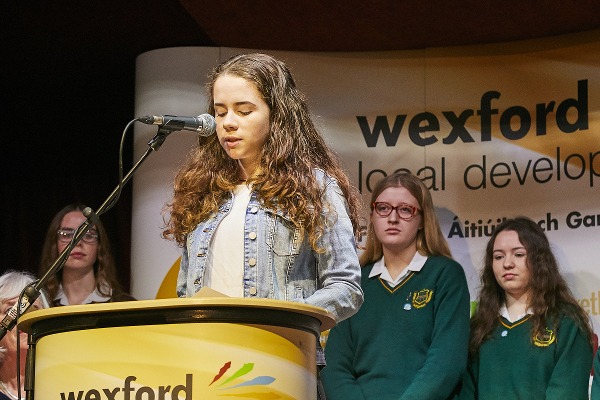
A female student addresses the audience at Wexford’s Spiegeltent. Photo: Ger Lawlor.
“I grew up in a feminist household. Both my parents worked outside the home. They shared household duties. I had grown up assuming that there were no barriers for me as a woman; I assumed that the world was the same as it was at home. I learned at school that it wasn’t. I had to threaten to take a court case to be allowed to do honours maths.
“The first time I could vote was in the general election in 1992 when 20 women were elected. I assumed that there would be rapid progress from there on. Obviously, I was wrong.”
Students seek equal pay
It’s not just politicians or established businesspeople making calls for change either.
A group of female students made powerful contributions in the Spiegeltent as well. They were from secondary schools in Wexford, including Kennedy College and St Mary’s in New Ross, Loreto and Presentation Secondary Schools in Wexford, and Meanscoil Gharman in Enniscorthy.
They addressed issues such as women’s under-representation at senior level in politics and banking; equal pay; the sharing of care responsibilities between men and women; sexual harassment; and the situation of lone parents.
The difficulty of being a feminist
One student spoke of the difficulty in describing yourself as a feminist: “For some, being a feminist no longer means standing up for your own rights and equality. It has become twisted into meaning ‘man hater’. This insane stereotype is causing women to be insecure about being a feminist.”
Logan agreed: “Young women feel nervous to identify as a feminist, as it’s viewed as being anti-men.”
However, it is important to get more women to speak out, as women experience higher rates of poverty and are more likely to be a single parent: “They are [also] more likely than men to be a full-time carer, to work part time, and to work in low-paid jobs, and all of these factors affect them as they move into their older years”.
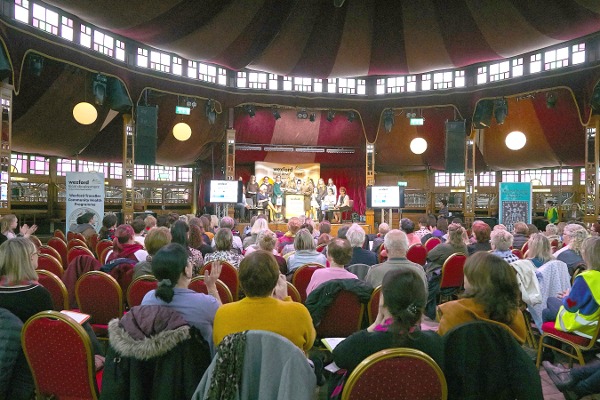
A packed event in the Spiegeltent. Photo: Ger Lawlor.
Ideas from the floor
Inclusivity is a big part of the women’s equality movement, and suggestions were welcomed from the audience. Some of those suggestions have been gathered here:
- We need more coaching in public speaking and presentation skills by women and for women. We need more courses for women to build confidence.
- Men can represent women too. Be sure to get women’s issues on the agenda with male representatives.
- Encourage and assist schools to give girls and boys access to books, podcasts and resources promoting feminist and equality issues.
- Promote female roles, starting on a local level.
- Ensure there is a quota of women on local community development committees, on the board of Wexford Local Development, and in other decision-making spaces.
- Voter education programmes are a must.
- Put gender equality on the school curriculum.
- We need more women’s groups in Wexford.
- We need to create a culture that involves women, and we need to work with young men – they need to be part of the solution.
- Women in the workplace need to respect each other, not ‘bitch’. Stay united.
- Politics is about people, so showcase how women’s participation in politics will make Ireland a better country to live in.
Additional reporting by Siobhán O’Brien, the policy, evaluation and monitoring coordinator at Wexford Local Development.

